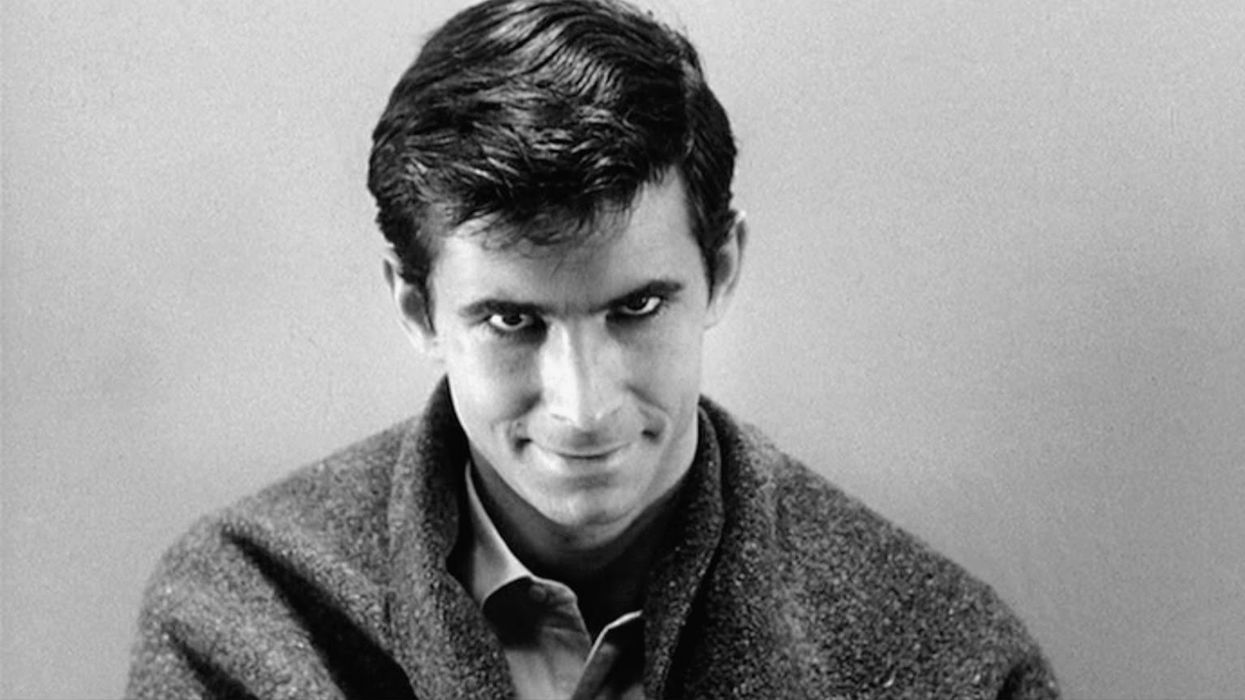Horror is a film genre that is much more complex than it appears to be. The violence, sex, and gore speak to our deepest fears, anxieties, cultural taboos, and suppressed emotions. So, crafting this kind of film takes a little more finesse than pouring a bucket of blood on a naked cheerleader as she gets her head chopped off. ScreenCraft recently partnered with Dread Central and The Blood List (it's like The Black List, but for horror scripts) to host a seminar on horror screenwriting and filmmaking, where filmmakers of the genre shared some tips on creating effective horror films from script to screen.
On the panel were filmmakers such as Adam Simon, Misha Green, Drew Daywalt, and Mickey Keating. Thought they talked mostly about writing for horror, they did touch on how to come up with a horror movie idea, dealing with criticism, as well as the collective experience of horror films. Here are a few chosen tips from the video to get you started:
Where to start
Maybe some of you are wondering, "How the hell do I begin this process?" You want to write a horror film, you know that's the genre you want to work with, but where do you start? Green says to "start with what scares you." Maybe for you it's as simple as something physical: spiders, clowns, ghosts, knife-wielding maniacs. For others it could be something a little less tangible: isolation, loss, insanity, the unknown. With this, you can start to form the outline of your story.
The writing process
So, you've got the germ of your idea: newlyweds vacation in cabin infested with deadly cockroaches, but -- get this -- they're also ghosts (Ghostroaches 3D: No Match for Nuclear Holocaust, the Afterlife, or the Two-Dimensional Limitations of Your Screen). It's time to start putting together an outline for your story, and Simon, who has written horror films, like The Haunting in Connecticut and Brain Dead, suggests taking notes on the structure of films you like. This might not appeal to those who crave originality, but knowing structure is the first step of rebuilding it for your own film.
Another good screenwriting tip comes from Green. She says to be sure to convey the tone and create the atmosphere you're going for on the page, because when readers, producers, directors, and actors read it, they'll be able to feel the raw emotion -- the fear, anxiety, and horror that you want your audience to feel when they see it up on-screen.
Know how to interpret criticism
A great point brought up on the panel is that knowing how to take criticism is great, but knowing how to interpret it is even better. Not everybody who reads your script is going to be able to communicate clearly what's missing in it, as if they're either taking your film in a direction you don't want to go, or just missing the point altogether.
But, before you write off their notes as complete garbage, realize that though they may not be articulating their concerns that, say, translate into the horror genre specifically, they are seeing something that may be missing in your script. Something may not be working.
The Heart of Horror

Using that as your base, you can explore other emotional responses other than fear that work well for the horror genre, like anxiety (closed spaces, crowded rooms) and repulsion (snakes, insects, unclean/infectious environments, gore.)
Check out the panel discussion below to hear more tips that will help you as you create your horror film.
What do you think? What advice did you find most helpful? If you have any advice of your own on horror filmmaking, let us know in the comments below.
[via ScreenCraft]












